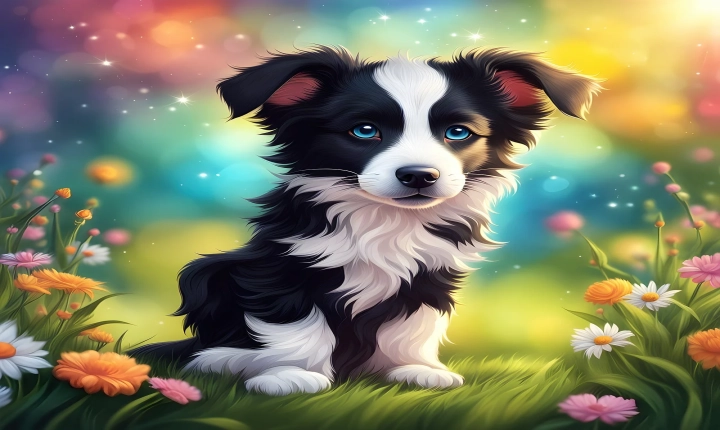Artificial Intelligence (AI) Influencers: The Future of Social Media Marketing
In this digital age, social media has become an integral part of our daily lives. From connecting with friends and family to discovering new trends and products, platforms like Instagram, TikTok, and YouTube dominate the way we communicate and consume content. With the rise of social media influencers, brands have found new opportunities to reach their target audience and promote their products. However, a new type of influencer has emerged in recent years – the AI influencer.
AI influencers are virtual beings created using artificial intelligence technology. These computer-generated personalities have their own unique identities, personalities, and followers, just like human influencers. They can post photos, videos, and interact with their audience on social media platforms. Their hyper-realistic appearance and engaging content make them indistinguishable from their human counterparts, leading to a growing following and influence.
One of the most well-known AI influencers is Lil Miquela, a virtual model and influencer with millions of followers on Instagram. She collaborates with fashion brands, attends events, and supports social causes, all while maintaining a carefully curated online presence. Similarly, other AI influencers like Shudu and Noonoouri have made a name for themselves in the fashion and beauty industries, partnering with major brands and appearing on magazine covers.
The rise of AI influencers presents a paradigm shift in the way we perceive social media marketing. Brands have found a new avenue to connect with consumers through these virtual personalities, leveraging their digital presence and engaging storytelling. AI influencers offer a level of control and reliability that human influencers may not always provide, as they are not subject to personal issues, controversies, or fluctuations in popularity.
Moreover, AI influencers have the potential to reach a global audience, transcending language and cultural barriers. Their algorithms can analyze data to understand the preferences and behaviors of their followers, enabling targeted and personalized content creation. This level of customization can lead to higher engagement and conversion rates for brands, as they can tailor their marketing strategies to meet the specific needs of their audience.
However, the rise of AI influencers also raises ethical and authenticity concerns. Some critics argue that the promotion of virtual personas blurs the lines between reality and fiction, potentially misleading consumers and undermining the credibility of influencer marketing. There are also debates about the impact of AI influencers on the job market for human content creators and models.
Despite these challenges, the AI influencer trend shows no sign of slowing down. As technology continues to advance, these virtual personalities will become even more sophisticated and lifelike, further integrating into the social media landscape.
In conclusion, AI influencers represent a groundbreaking development in social media marketing. Their ability to engage and influence audiences, paired with their data-driven content creation, make them a powerful asset for brands looking to expand their reach and impact in the digital realm. While the concept of AI influencers may still be in its infancy, their potential to shape the future of social media and marketing is undeniable. It remains to be seen how this emerging trend will continue to evolve and impact the influencer landscape, but one thing is for certain – the era of AI influencers has arrived, and it is here to stay.
